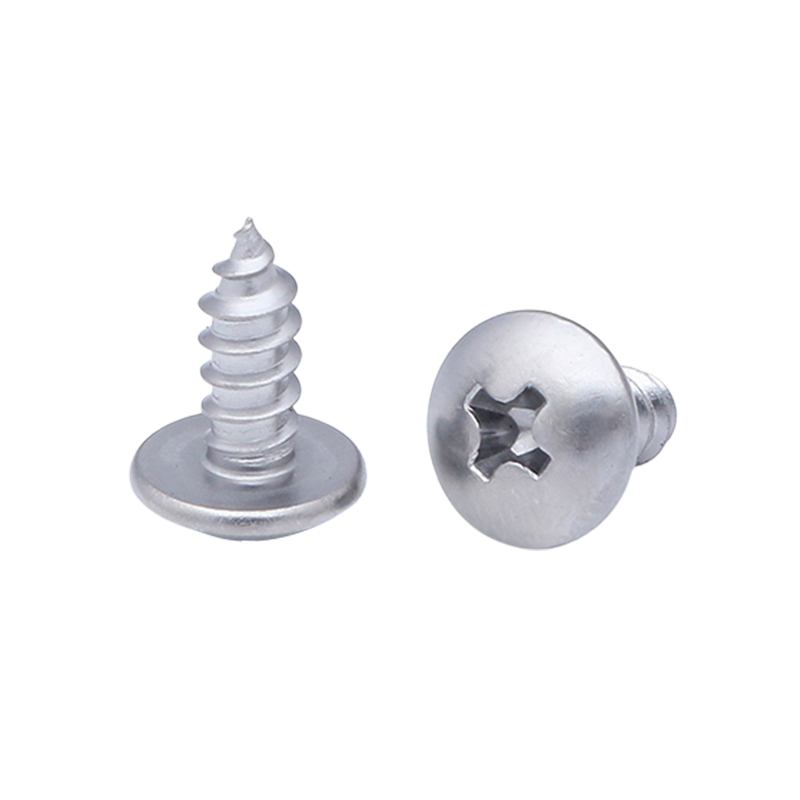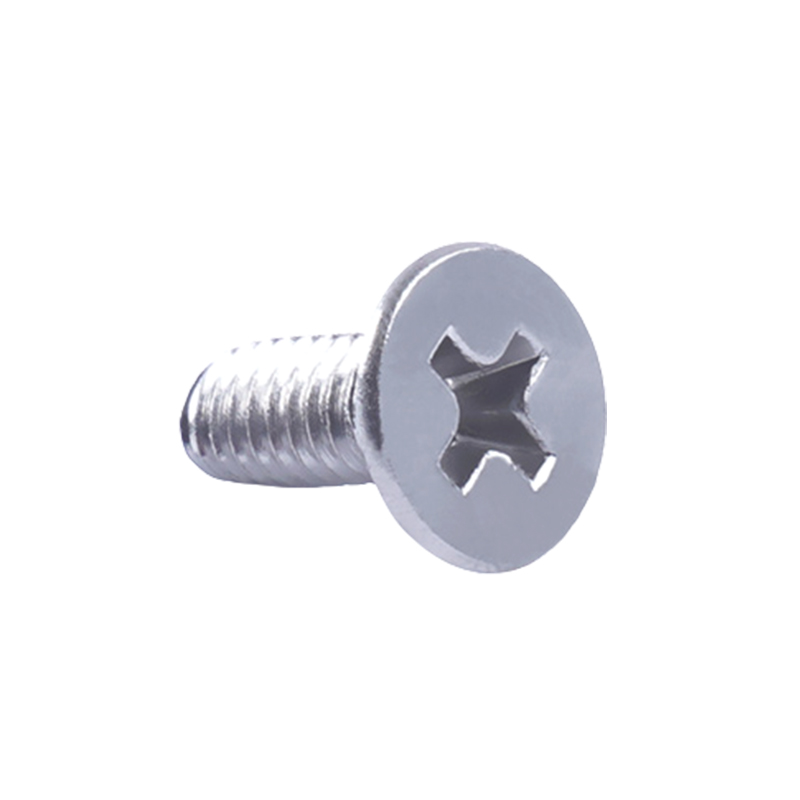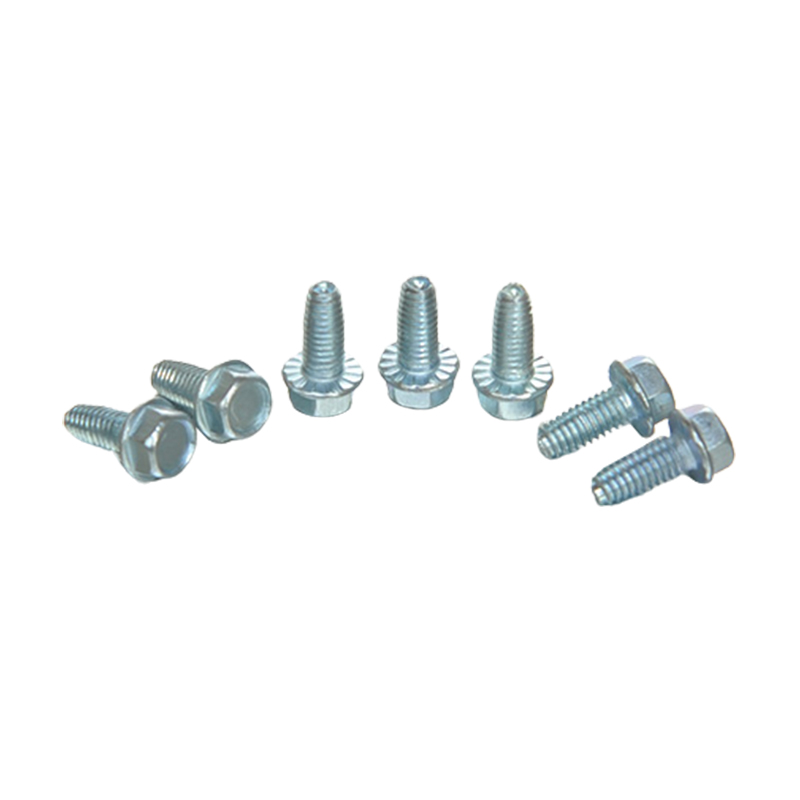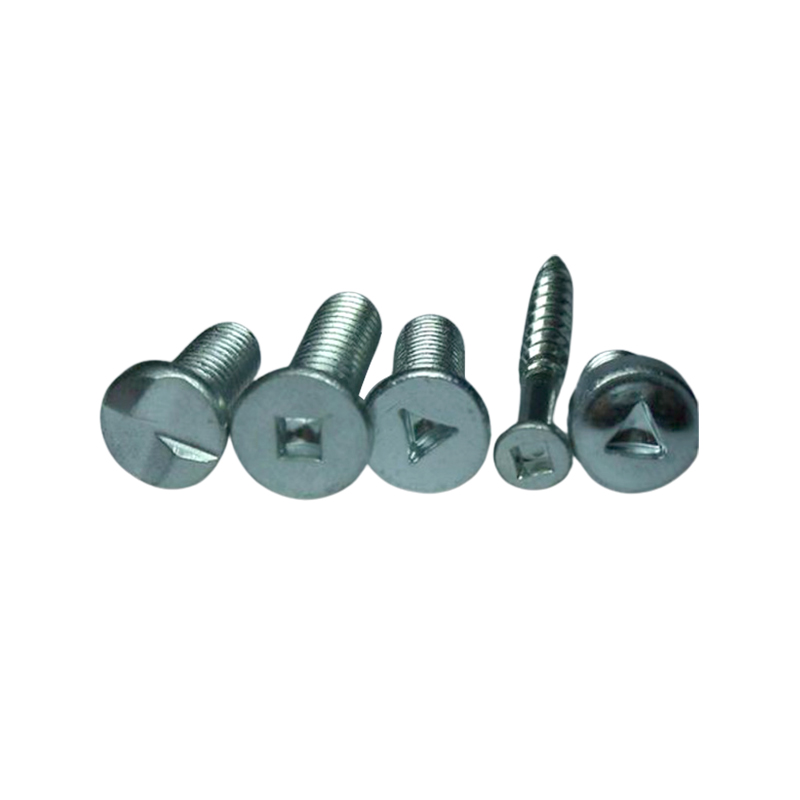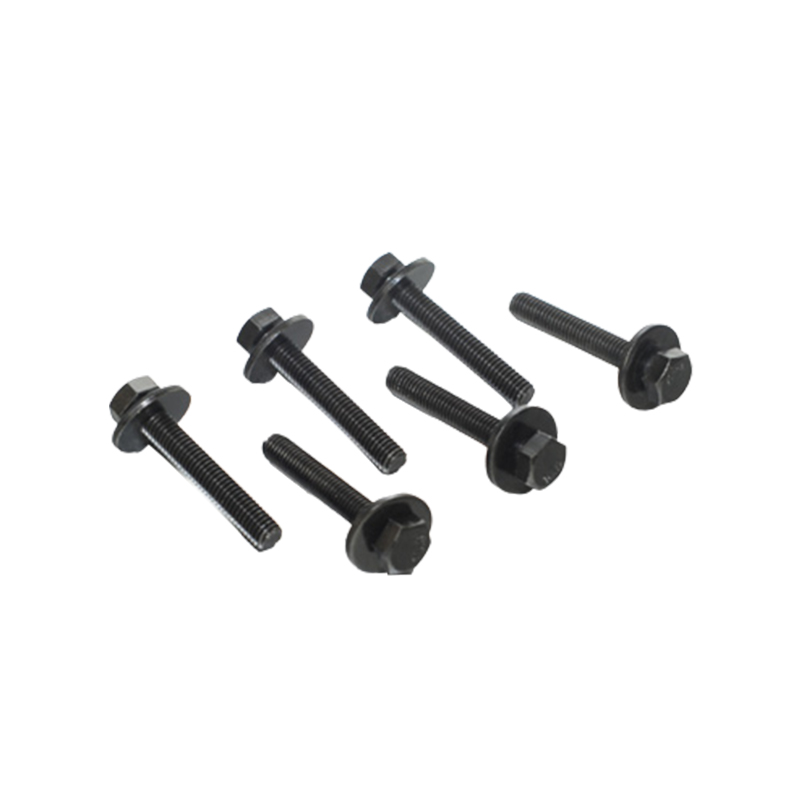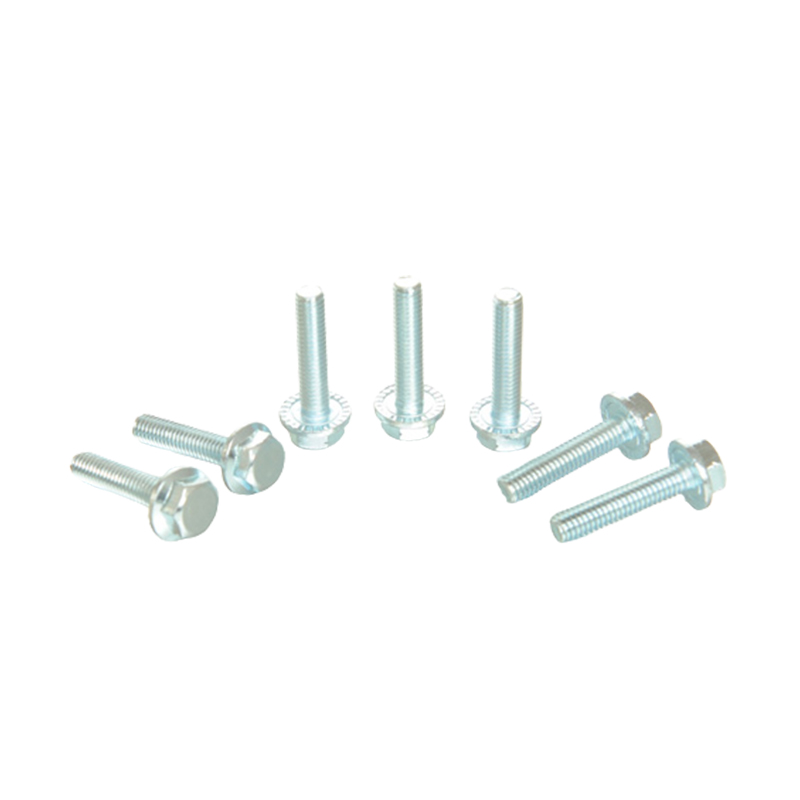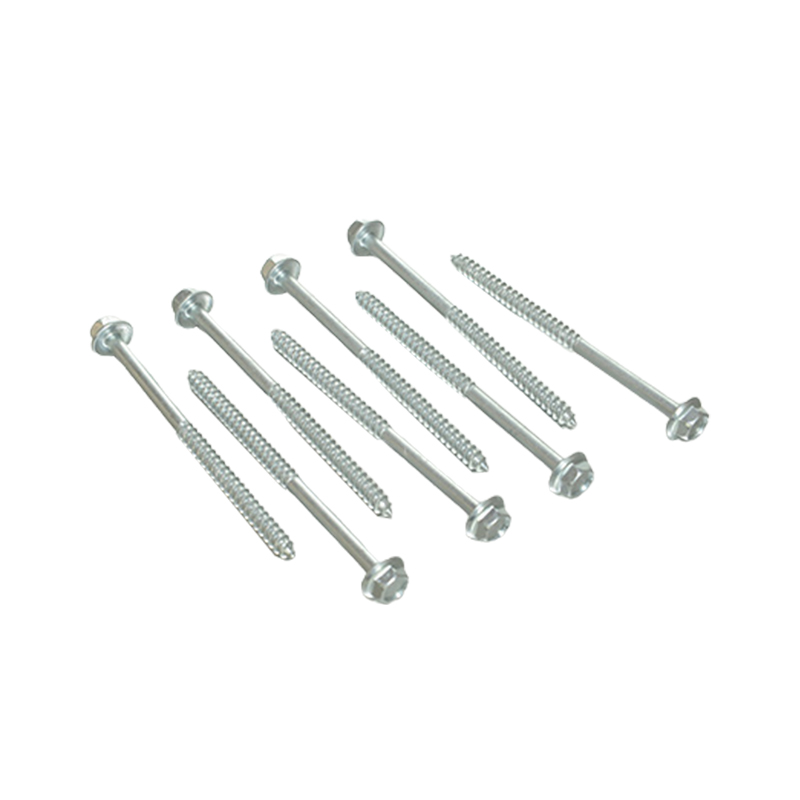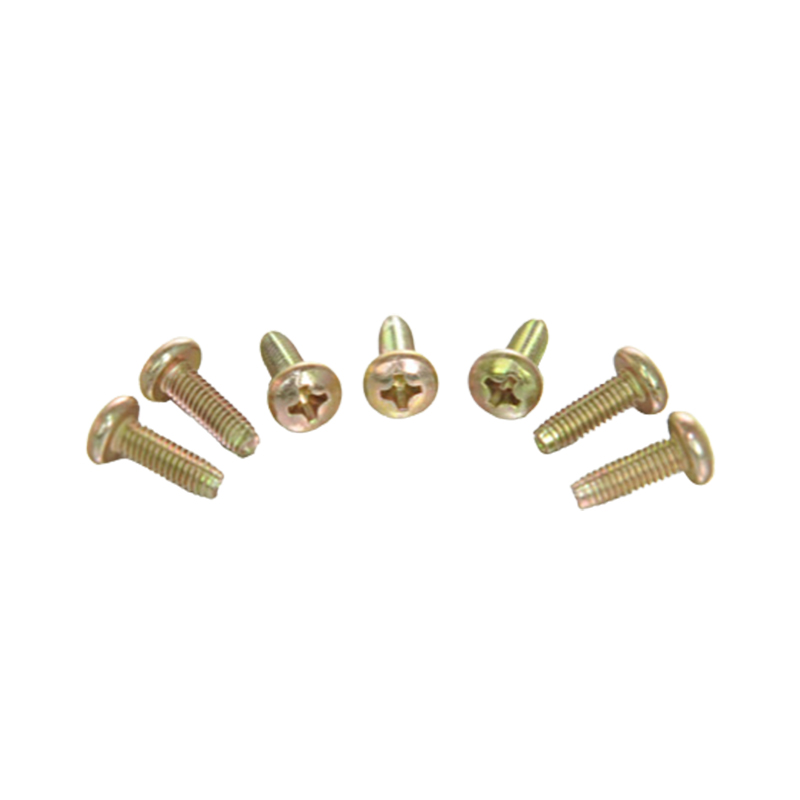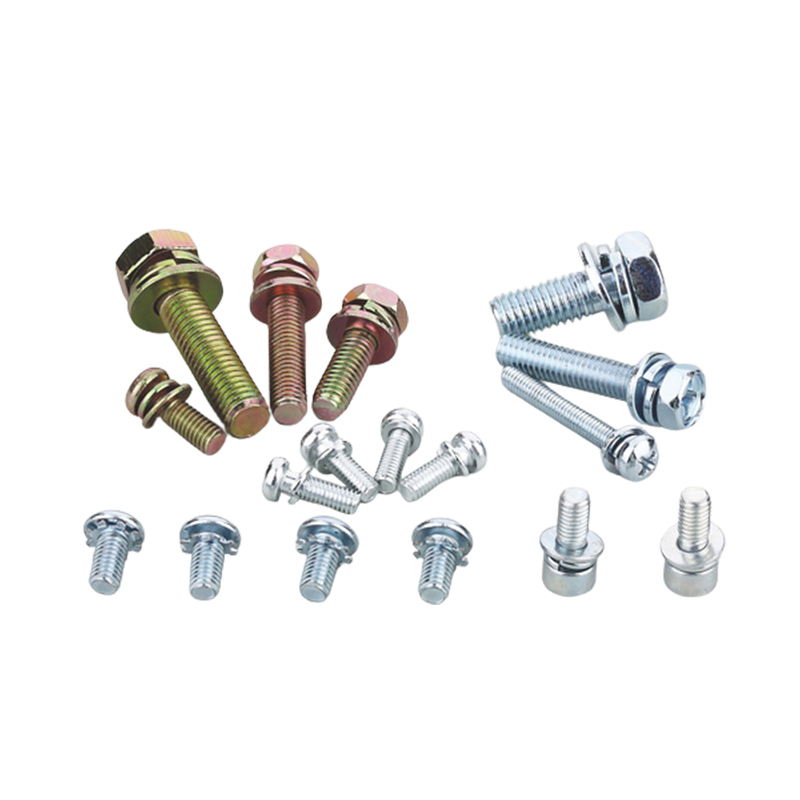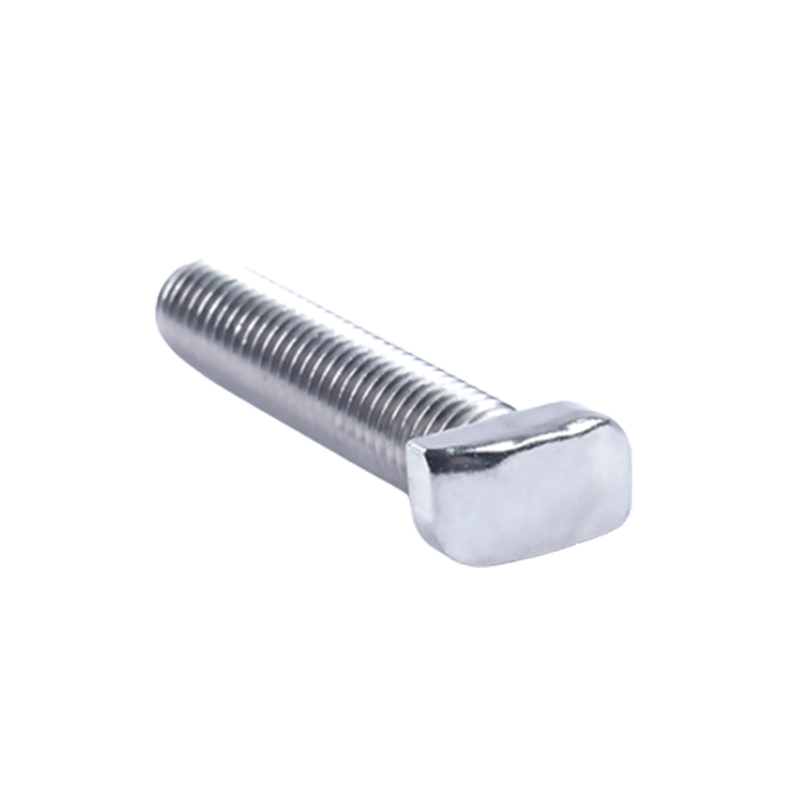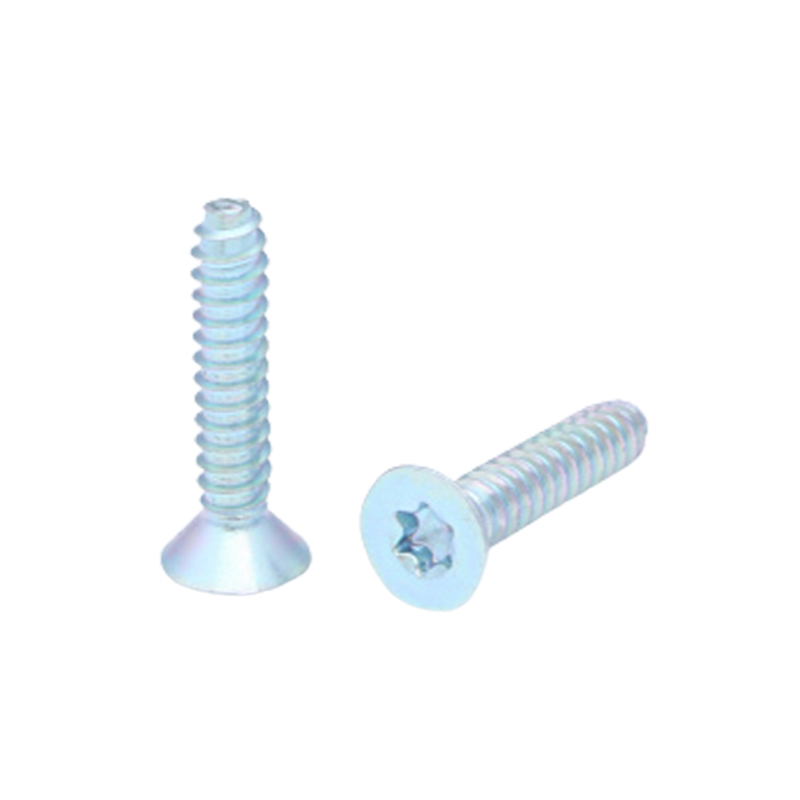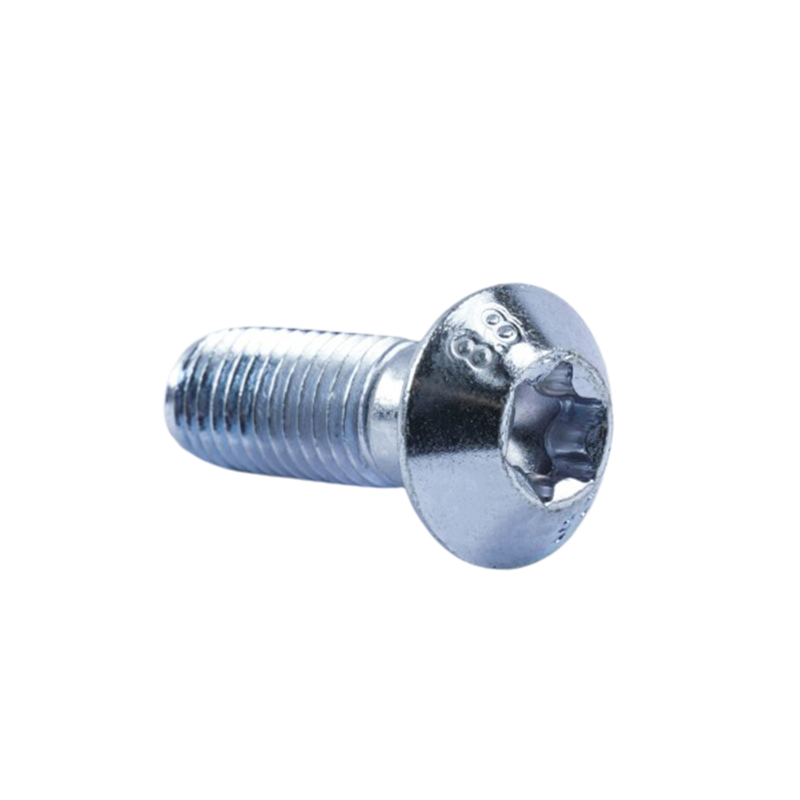Structural characteristics and anti-loosening principle of triangular screws
Triangular screws are fasteners with triangular thread sections, and their thread design is different from traditional trapezoidal or rectangular threads. This triangular thread forms a large lateral force during the meshing process, which makes the screw and the threaded hole tightly combined, thereby enhancing the anti-loosening ability. When the triangular thread is meshed, the contact area of the thread surface is small, but the pressure is large, which helps to resist the risk of loosening caused by vibration or impact. When the screw is installed, the torque is transmitted to make the thread side fully fit, effectively improving the stability of the connection.
Basic performance of the anti-slip performance of triangular screws
In terms of anti-slip, the thread angle and pitch design of triangular screws provide a certain self-locking ability. When external force tries to act on the screw to rotate it, the side angle and friction of the triangular thread can play a blocking role, reducing the displacement of the screw caused by external force or workpiece vibration. In addition, triangular screws are usually used in assembly positions with higher friction requirements, and their structure can provide a certain anti-slip effect when the screw is not equipped with auxiliary anti-slip parts. Especially under low-speed, static or intermittent vibration conditions, the anti-slip effect of this design is more obvious.
Relationship between anti-loosening performance and torque
The anti-loosening performance of triangular screws is closely related to the torque applied during installation. When the torque is moderate, the thread meshes tightly and the triangular thread has a good self-locking effect. However, if the torque is too small, there may be a risk of loosening due to insufficient thread engagement; if the torque is too large, the thread may be damaged, which will affect the anti-loosening effect. Therefore, when using triangular screws, reasonable torque control is an important prerequisite for ensuring anti-loosening performance. During installation, tools such as torque wrenches can be used to ensure that the torque is within the design range.
Anti-loosening and anti-slip effects under different working conditions
The anti-loosening and anti-slip effects of triangular screws under different working conditions are different. In a working environment with low vibration frequency and small impact force, its anti-loosening and anti-slip performance can better meet the requirements. However, in working conditions with high-frequency vibration or continuous impact load, relying solely on the self-locking effect of the thread may not be enough to maintain the tightening effect for a long time. At this time, anti-loosening washers, thread glue or other auxiliary anti-loosening measures are usually required to improve the overall anti-loosening and anti-slip performance. Therefore, in different application scenarios, it should be selected whether to use with other anti-loosening parts according to the specific working conditions.
Effect of surface friction coefficient on anti-slip ability
The anti-slip performance of triangular screws is also related to the friction coefficient between the screw and the threaded surface of the screw hole. When the surface friction coefficient is high, the friction between the threads helps prevent the screw from sliding or rotating under external force. Some triangular screws are surface treated during production, such as phosphating, galvanizing or spraying anti-slip coating. Such treatment can increase the friction coefficient of the thread surface and thus improve the anti-slip performance. However, it should be noted that surface treatment must also take into account other performance requirements such as corrosion resistance and wear resistance, and cannot simply pursue the improvement of friction coefficient.
Limitations of anti-loosening and anti-slip ability
Although triangular screws have certain anti-loosening and anti-slip effects in structural design, their capabilities cannot meet the requirements independently in all applications. In high vibration, high impact or frequent thermal expansion and contraction applications, screws may loosen due to micro-deformation of materials or load accumulation. In such cases, designers often use auxiliary anti-loosening parts such as anti-loosening washers, spring washers, nylon locking nuts or thread lockers to improve the stability of the overall fastening system. Therefore, in actual engineering, triangular screws are more used as part of the anti-loosening and anti-slip system, rather than relying solely on their structure to achieve the purpose of anti-loosening.
The impact of daily maintenance on anti-loosening and anti-slip performance
The anti-loosening and anti-slip performance of triangular screws is also related to use and maintenance. During long-term use, if the tightening status is not checked regularly, there may be hidden dangers of screw loosening due to changes in working conditions or environmental influences. In daily maintenance, the risk of loosening can be discovered and dealt with in time through means such as torque review and appearance inspection. In addition, regular cleaning of the threaded part and removal of dust and oil can also help maintain thread friction, thereby indirectly enhancing the anti-loosening and anti-slip performance.


